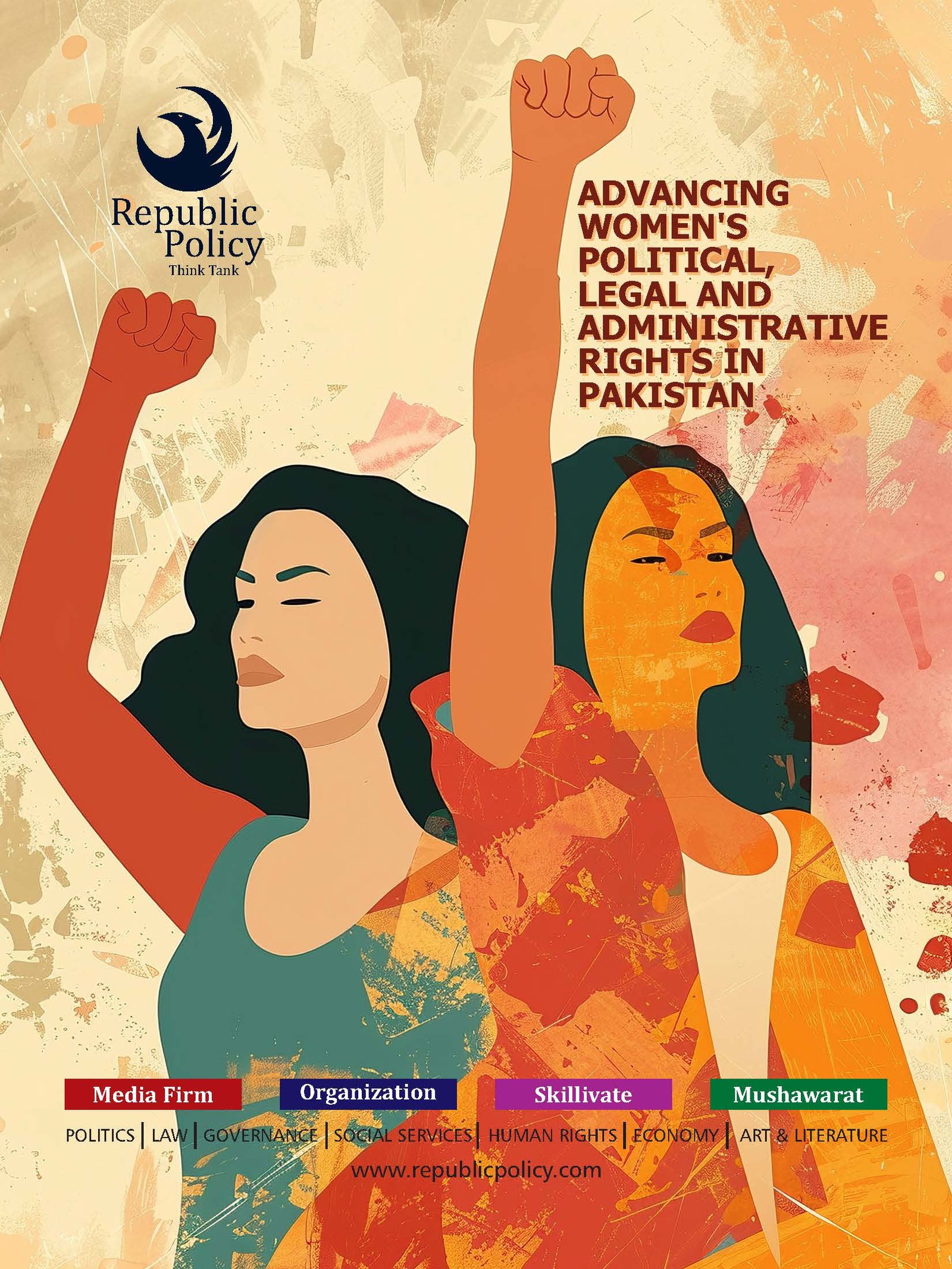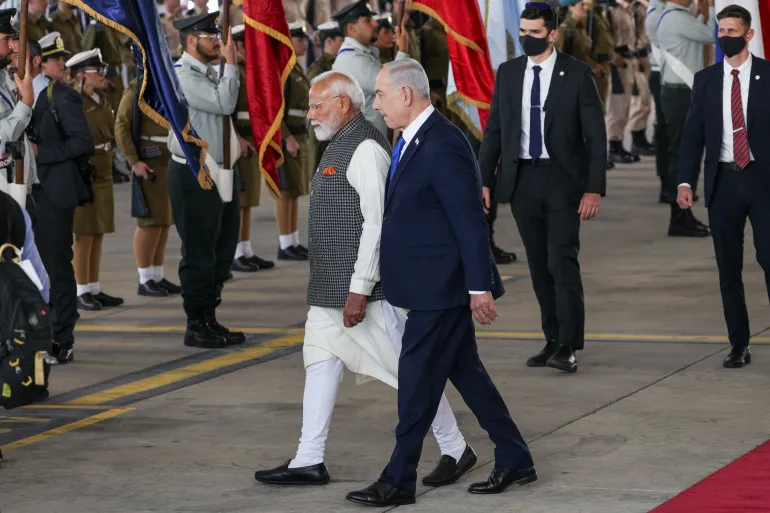Editorial
The representation of women in Pakistani politics continues to remain confined to the elite class, leaving middle-class and ordinary women discouraged from entering the political arena. While reserved seats and symbolic participation have created visibility, they have not translated into genuine inclusivity. The absence of women from grassroots politics reflects structural inequalities that undermine the very essence of democracy.
For decades, politics in Pakistan has been dominated by dynastic families and powerful groups, which limits women’s participation to those already belonging to political households. This exclusionary culture denies capable women from middle and lower classes the opportunity to lead. It also creates a distorted picture of female representation, where a handful of names overshadow the collective aspirations of millions of women.
Encouraging women’s political participation must go beyond tokenism. Women need accessible platforms, financial resources, and protection against harassment to step into mainstream politics. Political parties should adopt reforms that promote fair representation by opening space for women at local, provincial, and national levels.
A vibrant democracy requires women to be recognized not as symbolic participants but as equal decision-makers. The time has come to dismantle barriers that keep ordinary women away from politics. Pakistan cannot progress without empowering half of its population to take equal ownership of its political and democratic future.
















